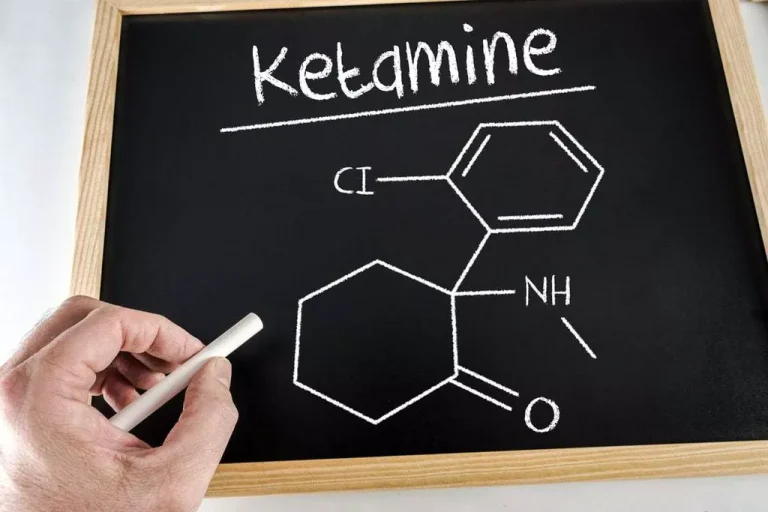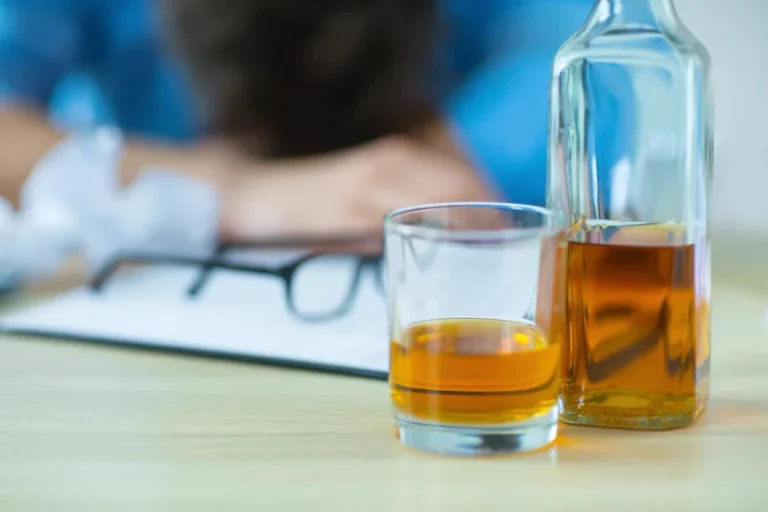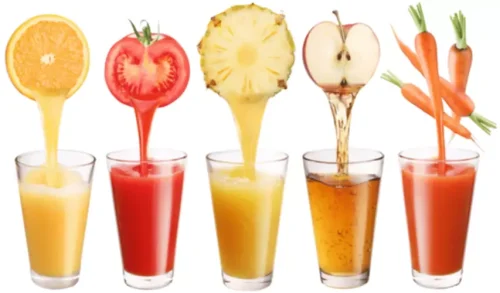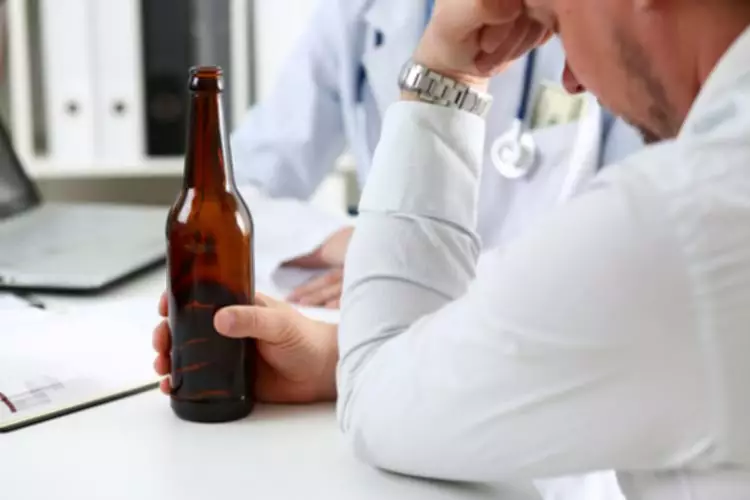
Discover a few of the more common triggers to help jump-start the process. If you experienced trauma or live with anxiety or a substance use disorder, please don’t hesitate to reach out for support. A mental health professional can help you come up with a treatment plan to reduce your symptoms and improve your well-being.
Are Trigger Warnings Helpful?
Understanding, identifying and working to prevent triggers can be more empowering and effective. Triggers can be a wide range of things and will vary from person to person as they are linked to personal experiences. Internal triggers are emotions or thoughts, whereas external triggers are something seen or heard. For people with past substance use disorder, triggers can be any internal or external stimulus that intensely and often uncontrollably reminds them of using drugs or alcohol. Recovering individuals can carry out personal exercises where they make a list of the people, places and things that remind them of their substance-using life.
Positive Feelings Trigger Relapse
People closest to the individual may set off cravings that eventually lead to a relapse. It is perilous for a person in recovery to be around substance-using friends and family. Offering alcohol to a former addict may trigger feelings that urge the individual to use drugs. A trigger is social, psychological, and emotional situations and events that compel an addicted person to seek their substance of choice, eventually leading them to relapse.

Can You Have Two Mental Illnesses at The Same Time?
You can avoid all the external triggers in your life and still have internal triggers that make you think about drug abuse or alcohol abuse again. Fear, guilt, shame, anger and depression are common internal triggers. If you feel criticized or belittled, you might want to turn to substances to numb those feelings or push them aside. Triggers for relapse are situations that remind individuals of their drug use. Triggers are psychological, emotional, social and situational cues that can induce cravings. Strong cravings that crop up in response to triggers can be difficult to curb without the right support and resources.
These triggers often originate from within the individual and are closely related to their emotional state. Understanding and managing these triggers can significantly improve an individual’s recovery journey. “Certain underlying mental health conditions, including substance use disorder, depression, and anxiety, might make someone more prone to experiencing more severe reactions to triggers,” McGeehan says. In general, internal and external triggers when a person is “triggered,” they’re being provoked by a stimulus that awakens or worsens the symptoms of a traumatic event or mental health condition. In a traditional substance abuse treatment program, they may recommend sharing about your feelings in group meetings, to get things out in the open. Keeping secrets about thoughts and plans to get high again, as they say, will eventually lead to relapse.
Positive Feelings Trigger Relapses
- The information we provide is not intended to be a substitute for professional medical advice, diagnosis or treatment.
- Like Pavlov’s dogs, which learned to salivate when they heard a bell ringing, people with addiction learn to crave drugs as a response to certain situations.
- Visiting these places can be triggering for many people, and while many times they can be avoided, there are situations in which they can’t.
- Beyond cravings, this can also lead to a longing for the environment or lifestyle that you left and does not provide the same recall for the reasons that you initially sought recovery.
- External triggers are easier to identify and manage than internal ones.
For example, a news report covering a trauma similar to what you experienced might trigger symptoms of PTSD. However, other cues are more subtle reminders that you might not even notice until after you’ve had a negative reaction. Serenity at Summit is a network of addiction treatment facilities in the Northeastern United States, with centers in New Jersey and Massachusetts. We offer comprehensive, evidence-based treatment to support individuals in achieving and maintaining long-term sobriety.


In contrast, managing internal triggers may involve developing healthier coping mechanisms and seeking professional help to better understand and process negative emotions. Relapse triggers are events, situations, or emotions that can lead to a strong desire to seek out drugs and alcohol again, potentially resulting in alcohol abuse. These addiction relapse triggers can vary from person to person and can be incredibly powerful, leading to an increased risk of addiction relapse. The most effective way to address relapse triggers is through a comprehensive approach that addresses both internal and external triggers.

People Who Influence Cravings
- Ask those you trust to help remove any triggers from your space, such as medication or alcohol bottles.
- We must be aware of these potential triggers to maintain our recovery journey and stay on the path of sobriety.
- When it comes down to situations, everyone handles adversity differently.
- Certain thoughts, feelings, or situations can bring up uncomfortable PTSD symptoms, such as memories of a traumatic event or feeling on edge and anxious.
A person’s strong reaction to being triggered may come as a surprise to others because the response seems out of proportion to the stimulus. But this is because the triggered individual is mentally reliving the original trauma. For example, https://ecosoberhouse.com/ a person with contamination-type OCD might be triggered by the sight of a dirty doorknob and react with extreme fear. Or a person with alcohol use disorder might be triggered by the smell of alcohol and suddenly start craving a drink.
